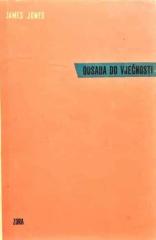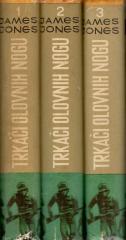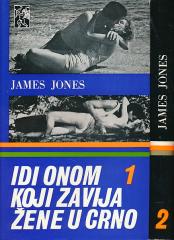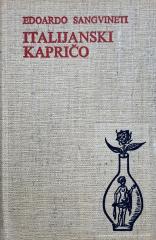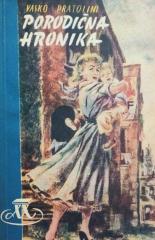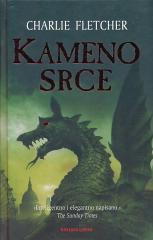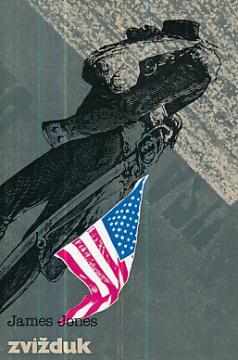
Zvižduk
The Whistle (1978), James Jones' final novel, published posthumously, concludes his war trilogy, which began with Here to Eternity and The Thin Red Line. The Whistle is set in the American South during World War II.
Set during World War II, the novel follows four American soldiers—Winch, Prell, Strange, and Landers—from Company C, who, after fighting in the Pacific Islands, return to a military hospital in Tennessee in 1943. Jones explores their struggle with the physical and psychological scars of war, trying to find meaning in life after their traumatic experiences.
The story begins with the soldiers’ arrival at Luxor Hospital, where they face new challenges: rehabilitation, bureaucracy, and inner demons. Winch, a sergeant and squad leader, struggles with alcoholism and guilt over losing men in battle. Prell, badly wounded in the legs, is desperate to avoid amputation while also grieving the loss of his soldierly identity. Strange, the company cook, grieving for his fallen comrades, while Landers, an intellectual, tries to understand the futility of war through philosophy and introspection. Each character represents a different aspect of war trauma—from physical devastation to emotional breakdown.
Jones details hospital life, military camaraderie, and conflicts with authority figures, such as strict doctors and bureaucrats. The novel explores themes of loss, survival, and the search for purpose in a world made absurd by war. Winch’s struggle with mental breakdown culminates in self-destructive behavior, while Prell’s obsession with preserving his legs symbolizes a desperate attempt to preserve his dignity. Strange and Landers, each in their own way, seek redemption—through connection with others or escape into alcohol and sex.
The title The Whistle refers to the sound soldiers hear at the moment of death, symbolizing the fragility of life and the inevitability of fate. Jones, a war veteran, writes with a deep understanding of the military experience, sparing the reader the raw details of trauma and disillusionment. The novel ends tragically, with the characters unable to fully overcome their wounds, leaving the impression that war continues to wreak havoc beyond the battle lines.
Guided by a style of realism, Jones creates complex characters whose inner struggles resonate with universal questions about humanity and sacrifice. The Whistle is a poignant conclusion to the trilogy, focusing less on action and more on the psychological consequences of war, making it a powerful testament to the cost of survival. In Croatia, the novel is available in translations that preserve Jones's raw emotional power, although it is not as well known as The Thin Red Line.
Dva primjerka su u ponudi
